Asia/ China/ 09.06.2020/ Source: www.abc.net.au.
China’s Education Bureau has taken the rare step of warning Chinese students about studying in Australia when campuses are set to resume classes in July due to «racist incidents» during the coronavirus pandemic.
Key points:
- China is the number-one source of foreign students for Australian universities
- China’s Education Bureau says its students should be cautious about Australia
- The country’s Tourism Ministry also warned about the dangers of racism in Australia
In its statement, the education ministry reminded «overseas students to conduct a good risk assessment and be cautious about choosing to go to Australia or return to Australia to study.»
The notice also warned students that coronavirus still presents a risk if they plan to resume their studies overseas.
There are more Chinese students at Australian universities than from any other overseas country.
Most international students returned home or were unable to enter Australia when the Federal Government banned travel from several countries, including China, in February.
About 1.5 million university students are expected to be back on campus in July to resume face-to-face tutorials.
But the Chinese Education Bureau’s notice, which has been published widely in Chinese state media, warns students about «racist incidents against Asians» during the coronavirus crisis.
In response to the announcement, Education Minister Dan Tehan rejected the assertion that Australia is unsafe for international students.
«Australia is a popular destination for international students because we are a successful, multicultural society that welcomes international students and provides a world-class education,» he said in a statement to the ABC.
«Our success at flattening the [coronavirus] curve means we are one of the safest countries in the world for international students to be based in right now.»
Chinese students say they have faced discrimination
Two Chinese students already studying in Sydney told the ABC the Education Bureau’s warning would not have any effect on their study plans.
«I’ve heard of racist incidents but I haven’t been out much during the pandemic so personally I haven’t been affected,» said Sydney University student Yu Yan.
Another student based in Hobart, Michelle Ren also had heard of recent racism but hadn’t personally been affected.
«It’s not common, it’s very few people who do that and very few who experience that,» she said.
«But I have a lot of friends and family in China who are worried. They ask me what the real situation is in Australia.
«They are quite worried. The relationship between China and Australia is not that good so it might negatively affect students thinking about coming here.»
China also warned tourists to stay away from Australia
The relationship between Australia and China appears to have shifted in the last few months after the Federal Government proposed an international inquiry into how the coronavirus emerged in Wuhan.
Since then, China has since imposed tariffs on some Australian imports, including barley.
This is the second Chinese Government agency in a week to warn citizens about Australia.
The Chinese Ministry of Culture and Tourism issued a travel alert to its citizens on June 6 about the dangers of travelling to Australia due to a «significant increase» in racist attacks on «Chinese and Asian people».
«Due to the impact of the COVID-19 pandemic, racial discrimination and violence against Chinese and Asian people in Australia have seen a significant increase,» the statement said.

But Australian Tourism Minister Simon Birmingham said the Chinese Government’s claims about the dangers for tourists were false.
«We reject China’s assertions in this statement, which have no basis in fact,» he said.
«Australia is enjoying world-leading success in suppressing the spread of COVID-19 and, when the health advice allows, we look forward to again welcoming visitors from all backgrounds to our safe and hospitable nation.»
There have been reports of people of Asian appearance experiencing increased racism in the wake of COVID-19.
In April, two Melbourne University students were allegedly verbally abused and physically assaulted after a pair of women screamed «coronavirus» at them and told them to get out of the country.
The two warnings from government agencies come as China launches a propaganda blitz through its state media, lashing Australia for its «attitude» towards China.
China’s nationalistic tabloid, The Global Times, has led the way, with frequent articles putting all blame for the deteriorating ties on Australia.
It has cited everything from Australian concerns about the political situation in Hong Kong and the South China Sea to banning Huawei from 5G and more recently calling for an independent inquiry into coronavirus.
Source of the news: https://www.abc.net.au/news/2020-06-09/china-warns-students-not-to-return-to-australia-after-coronaviru/12337044
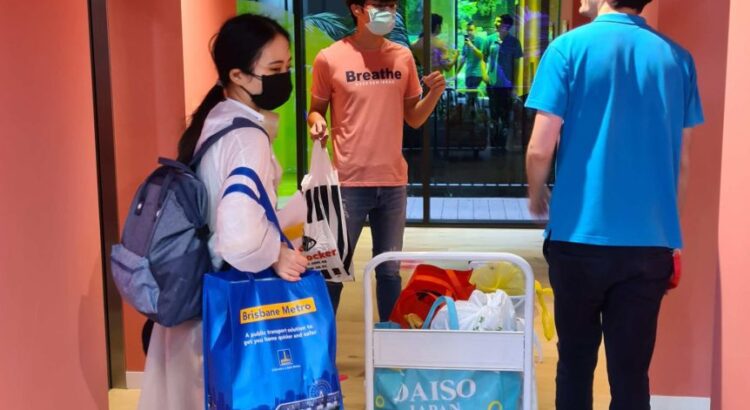
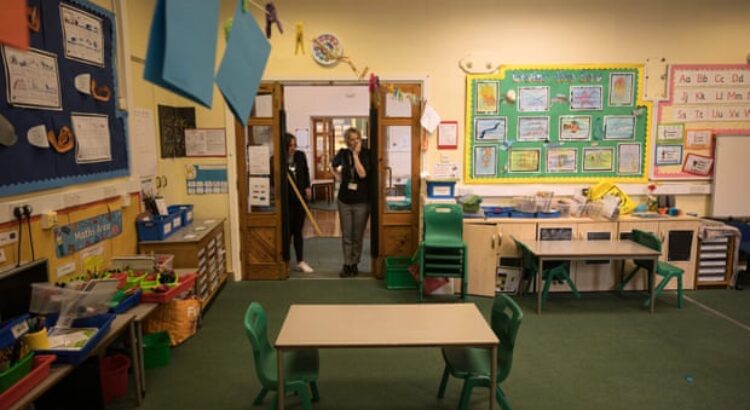
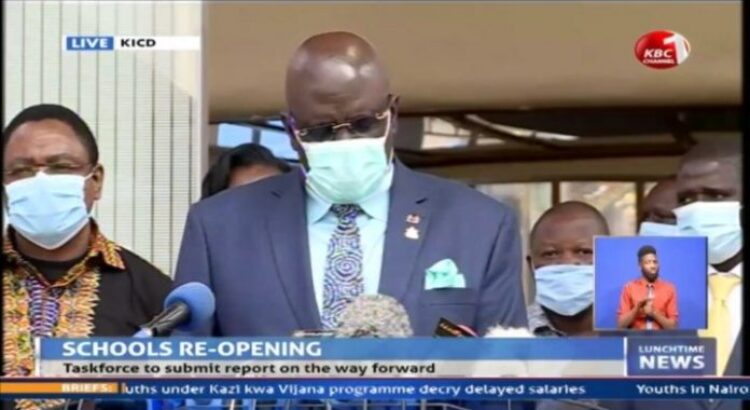
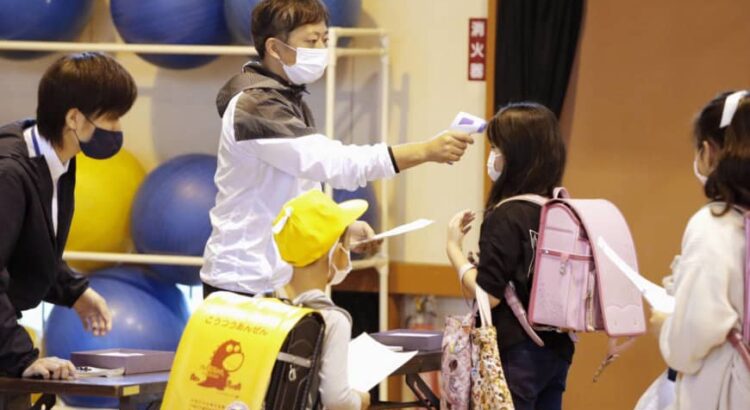
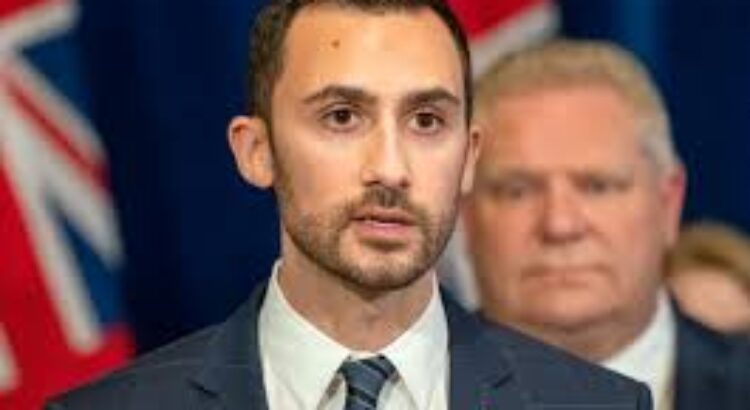
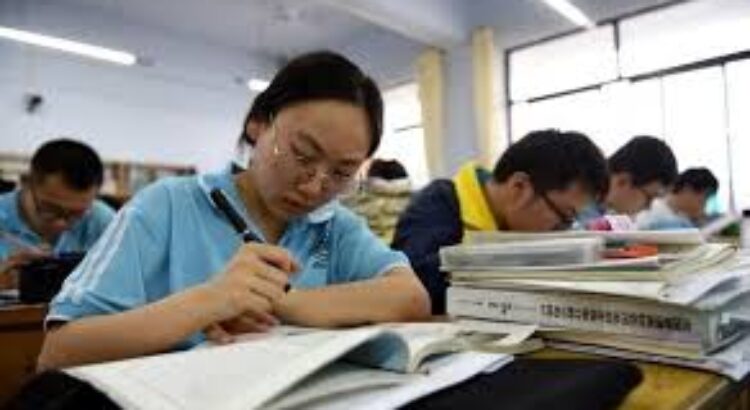
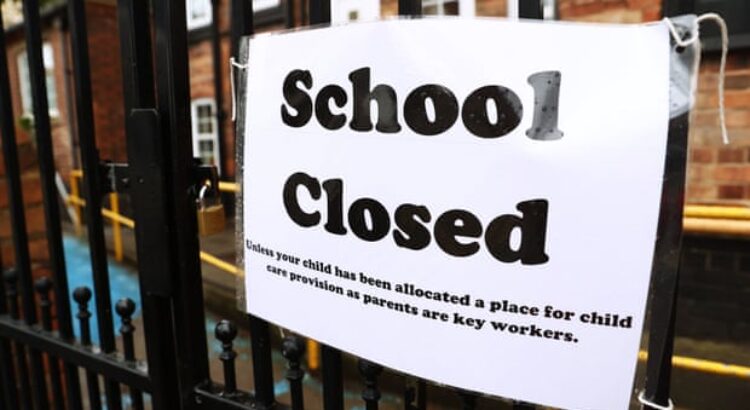





 Users Today : 249
Users Today : 249 Total Users : 35459844
Total Users : 35459844 Views Today : 420
Views Today : 420 Total views : 3418392
Total views : 3418392